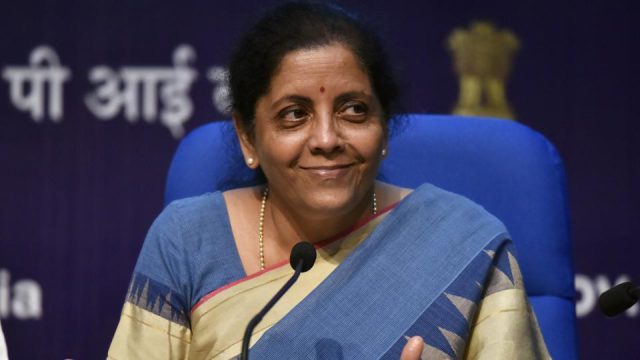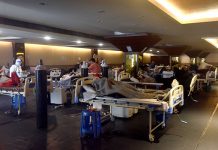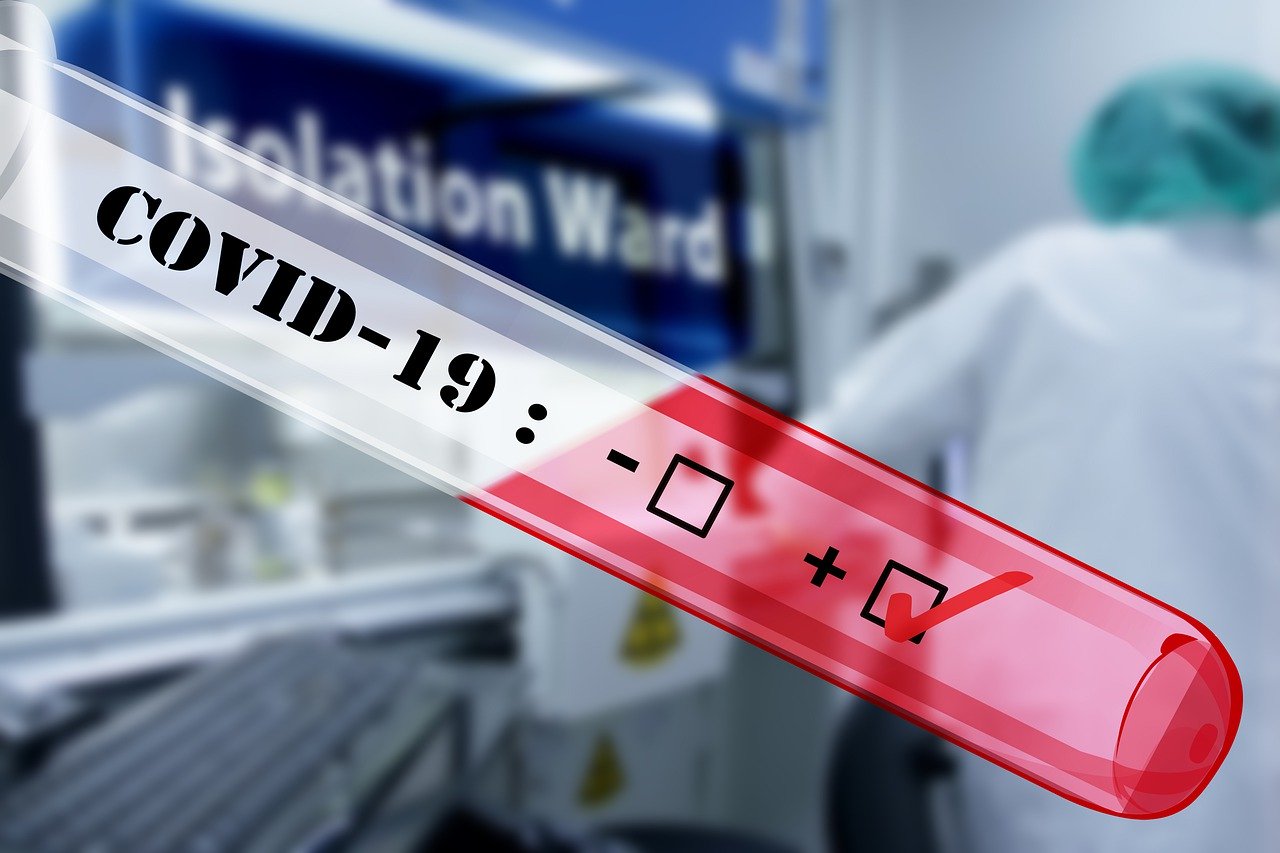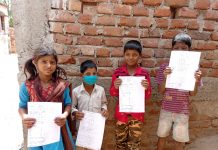After delay and much public anticipation, the Narendra Modi led government has finally announced a relief package of Rs 1.7 lakh crore. This package is aimed at bringing about a relief for the poor and the marginalised sections of the population amid the coronavirus pandemic. The main aim of the relief package is to help in alleviating the hardship faced by the poorest part of Indian society in the aftermath of the national lockdown in the context of the COVID-19.
A series of economic measures have been announced by finance minister Nirmala Sitharaman including an extra distribution of five kilograms of grain and one kilogram of pulses under the public distribution system. There is also a provision for cash transfers to the elderly(Rs 1,000) and women(Rs 500), free gas cylinders and increased wages as part of the National Rural Employment Guarantee Scheme.
However many economists feel that the relief package announced by the Centre is not enough keeping in mind the intensity and gravity of the problem and the economic hardships that a large section of the Indian population is facing amid the COVID-19 pandemic and the subsequent lockdown.
They argue that such a relief package can at best be only a starting move or a beginning but a lot needs to follow this measure in order for the state to be ably to adequately address the problem. It is also being pointed out that due to a total lockdown on economic activities and a total cession in the market, most people will have no choice but to take to their savings and those without such savings, will be rendered destitute by the system.
Thus more and more efforts and a greater financial grant will be required for the government to be able to actually address the challenges faced by the poorest section of the population. Moreover challenges of making food supplies easily available during the lockdown is a challenge as the transportation networks have come to a standstill.
The lack of implementation of lockdown orders, confusion among those producing essential commodities and the scarcity in the market need to be addressed.
Only if the Centre ensures such measures, can we successfully ensure that we swiftly pass through these hard times.
Also, what needs to be urgently addressed is the increment in wages will take some time to percolate down to the grassroots but meanwhile how will the poor manage in the absence of any alternative source of income or livelihood? Wouldn’t providing some income directly to workers in the period of the lockdown be more meaningful at such a time? Moreover, the cash transfers of Rs 1,000 and Rs 500 are really meagre keeping in mind the relative minimum requirements for survival.
These amounts should at least be increased five times in order to be helpful for the recipients of the amount. Moreover, why are women being given half the amount as Jan Dhan holders, why should the government assume that they should receive a lower amount?
As it is, the Central government already provides an insufficient sum of Rs 200 as elderly/widow/disable pension and it is high time that this amount is increased, increasing it right away would be a good idea as it would empower citizens to some extent in these difficult moments.
It would also have ben great if at this point, the Centre could clear all the dues with the state governments such as the dues of the MGNREGA and GST, and provide them with the resources that they are urgently in need of. Moreover, the Centre should have helped the states most intensely in provide shelters, essential resources and community kitchens especially for migrant workers, homeless people and displaced individuals in these times of crisis.
There is also a need to provide proper wages, protection and security to frontline health workers who are working day and night to deal with this crisis.
The Centre must also go ahead and acknowledge the needs of those who have been stranded in urban areas and have been unable to go back home as the transportation system has come to a standstill.
We are still seeing images of people walking long distance along highways in the heat without money, food or water with women and children. They are often also being terrorised by the police, can the government not do anything to ensure that they are transported in safety to their homes and their lives are made easier amid the economic shutdown and the absence of alternative sources of income?
From an increase in cash transfers, insurance of the delivery of basic supplies and measures such as community kitchens and relief camps to a strengthened and egalitarian healthcare system- there is a lot that still needs the Centre’s attention if we want to fight these difficult times of that COVID-19 has posed before us.
The relief package announced by the Centre can only be the beginning or the first step, but a lot of subsequent financial measures would need to be taken to ensure that India’s poorest section of population(which has been worst hit by the economic closure and lockdown)is enabled and empowered to comfortably sail through these hard times in the absence of alternative sources of income.











